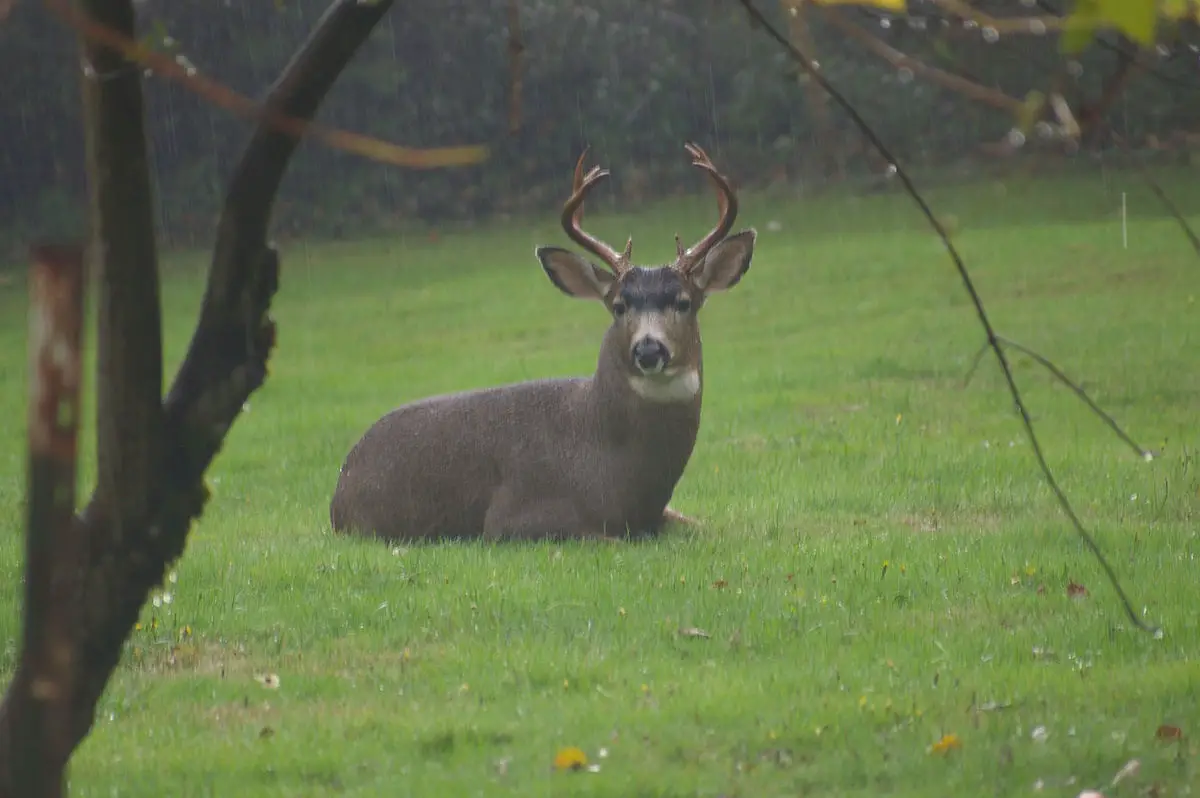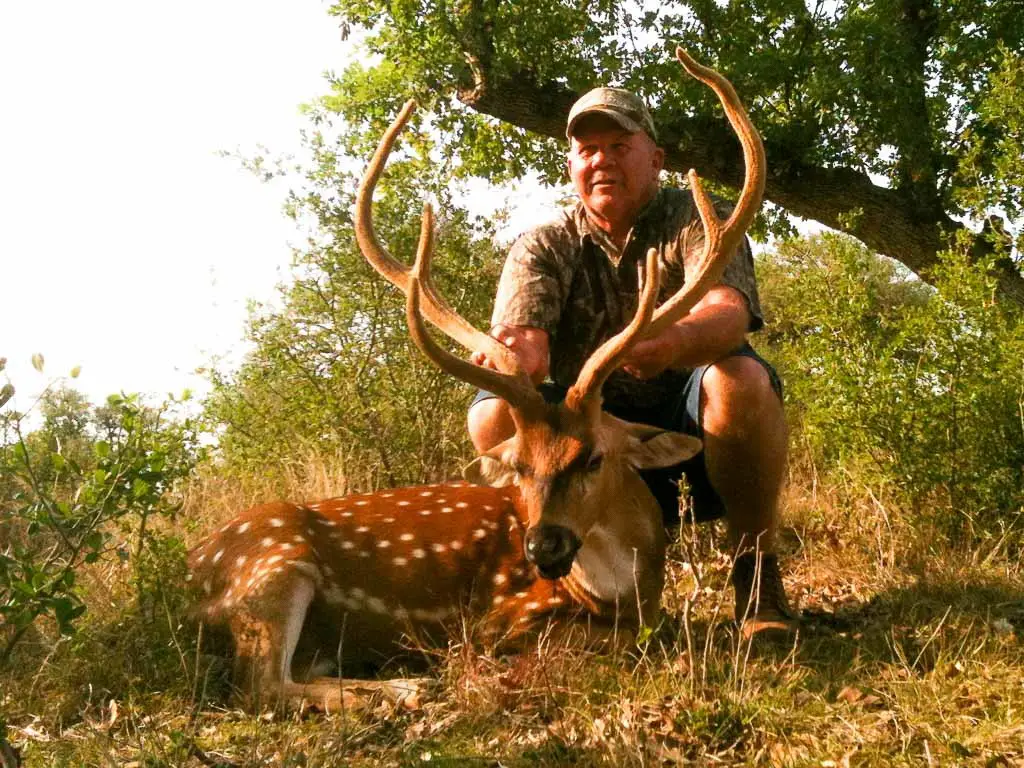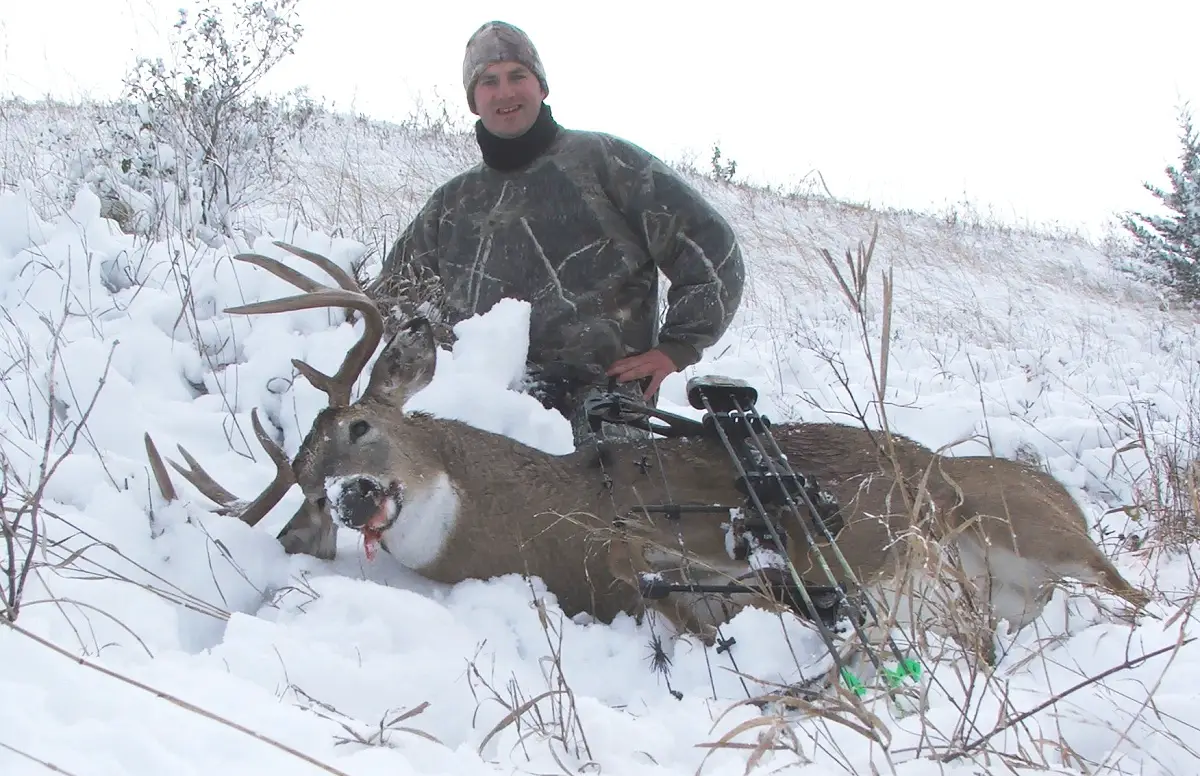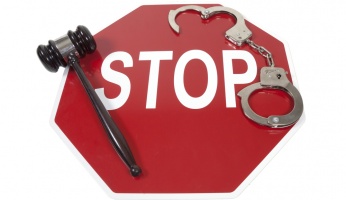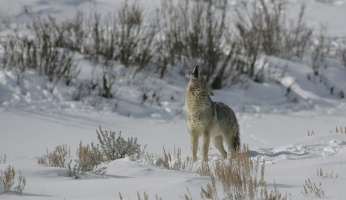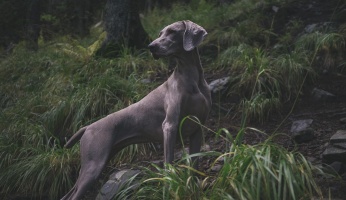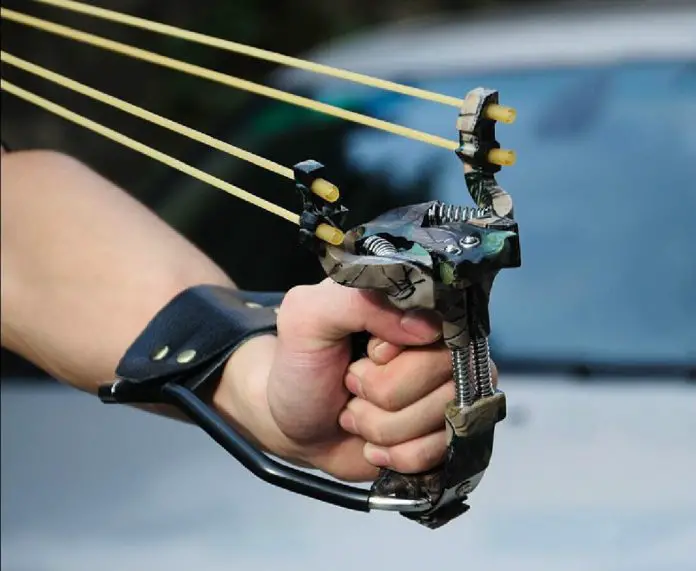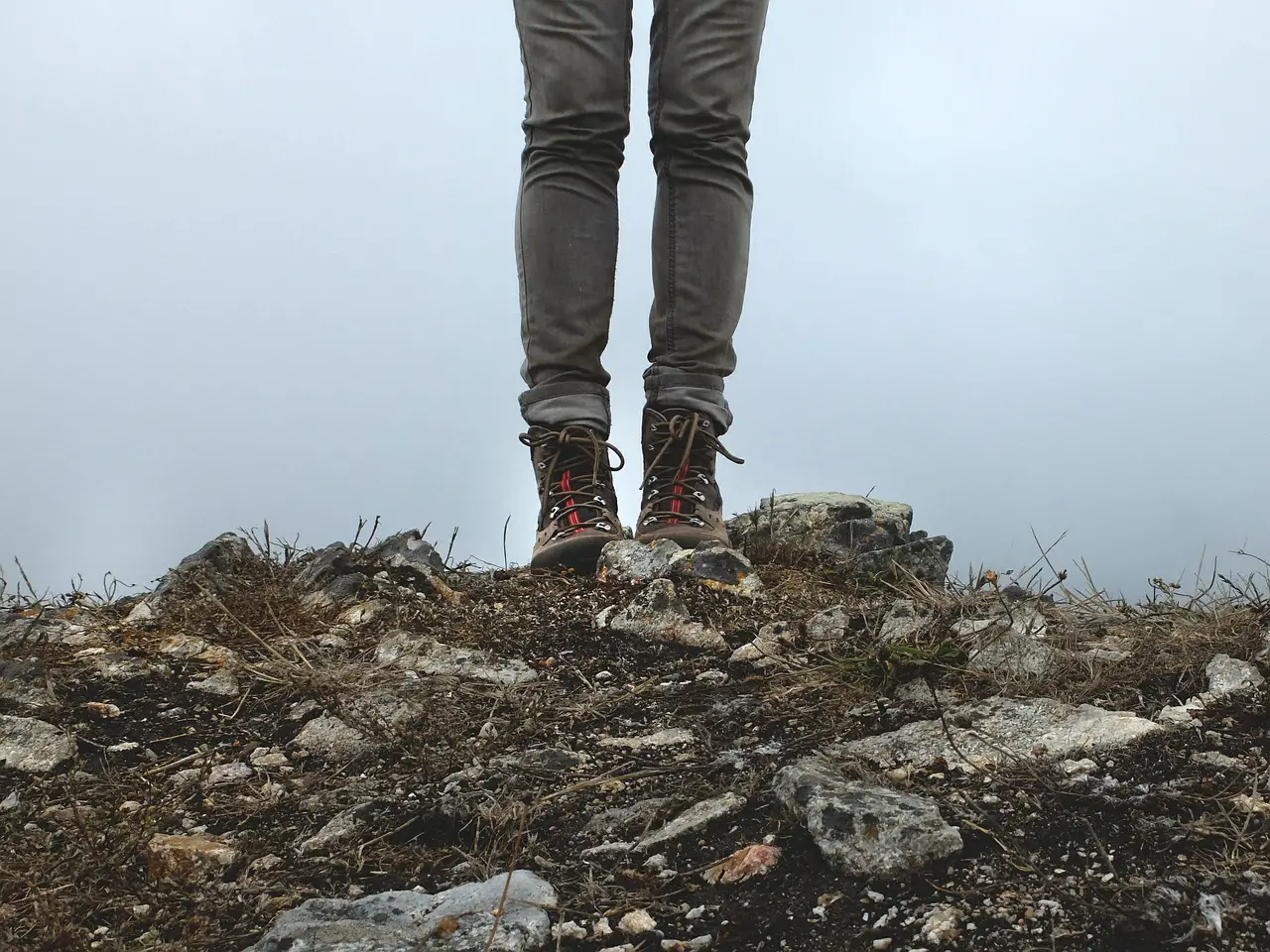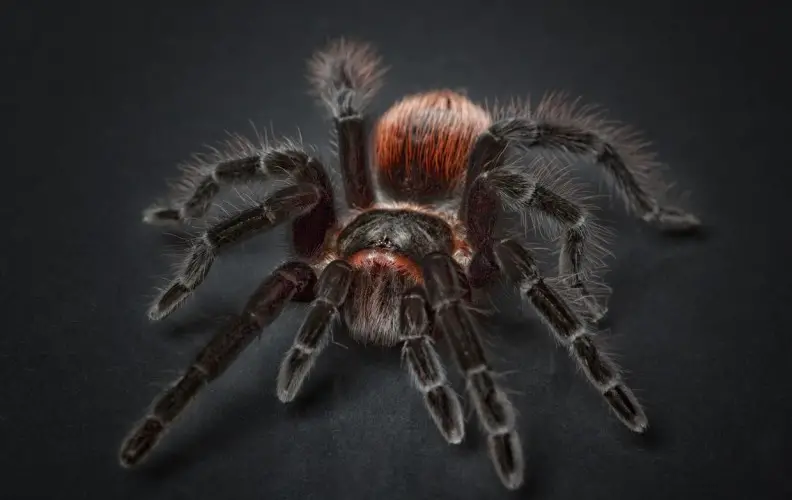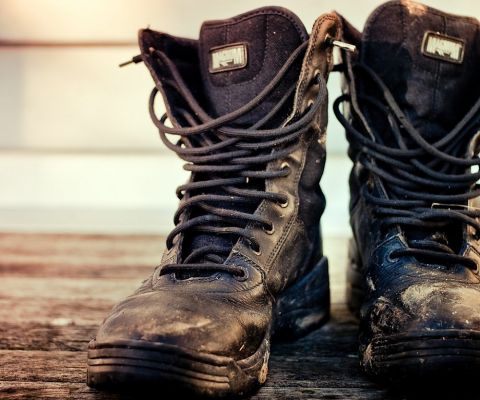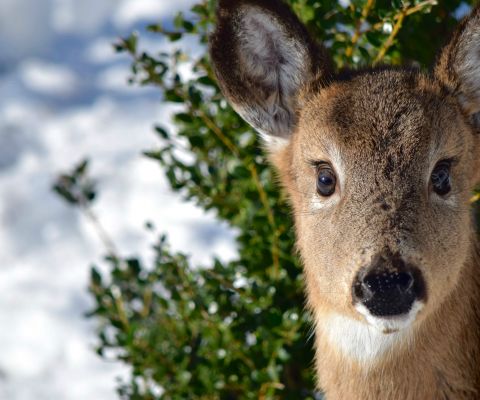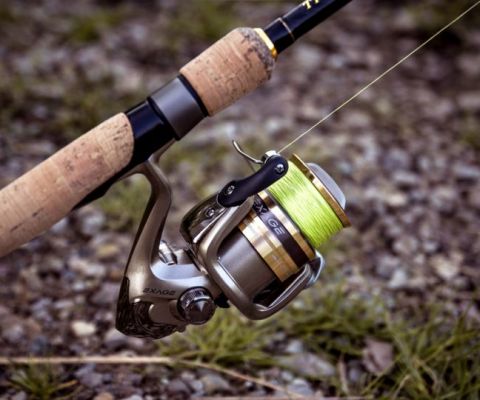The Best Weather for Deer Hunting
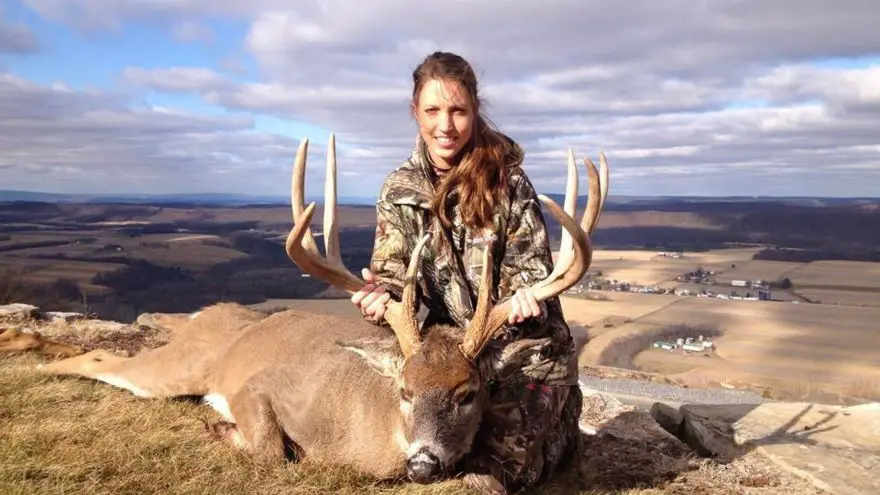 The Best Weather for Deer Hunting
thegearhunt.com
The Best Weather for Deer Hunting
thegearhunt.com
The optimal weather for hunting deer
Weather plays an important role in hunting, and when it comes to deer it’s even more specific. Or is it? Of the many differences hunters have when it comes to equipment, tendencies and location, weather causes an even bigger divide. Here are some arguments from all sides so that you can make your own decision.
Bad Weather Makes For A Good Dear Hunt
Hunters that go after whitetail deer know all about their nocturnal habits. So even with perfect weather out you’re not going to see a lot of whitetail deer, or at least not above the quality you’re used to. The hunter that believes in bad weather hunting understands that beautiful weather is nice to relax in, but it is after the eventual storm where the real action happens. Usually whitetail deer great weather will wander around closer to dusk, and in a very relaxed state due to the weather. Since everything is so relaxed, it takes a real patient hunter in this situation to stay on top of things, especially if they are tree standers. There is no rush from the whitetail deer, and they are free to come and go as they please.
Now compare this to after a storm where the deer are both nervous and hungry. Rather than coming out solo or in small packs, they are panicking and looking for food after the bad weather. They will also be out longer, searching and trying to get as full as possible. With the food they eat now scattered about, they are willing to go into new territory. Their senses have also been dropped due to the rain washing away scents. You have the advantage as the hunter, and better yet, their guard has been dropped by a large percentage. For first time hunters this helps out a lot, and will let them make a few rookie mistakes without spooking the game.
Animals also have a keen sense of when bad weather is coming, so during the day when it is particularly nasty before a storm, it’s easy to catch deer moving in groups to get food before it really starts pouring. You’ll have plenty of time before dark to get a couple of shots in and can still double dip after the storm is over with! The only time where the nasty method would prove hard would be for bow and arrow users. With winds that can throw off even an expert aim, things can get a lot harder as a result. There is an extra little bit of challenge in there for the ambitious hunters, so it pays off either way.
Good Weather Provides The Bigger Opportunity
When it is more about the size over the kill ratio, nothing beats good weather when trying to hunt deer. It is true that you’ll see more deer before and after bad weather, but in order to get the biggest deer you’ll have to do it during good weather. The same white tailed deer you shoot when the weather is good is rare, but has a chance to be 10% bigger than if you waited for the hungry ones during bad weather stints. There is also the thrill of the hunt, since hunting in good weather puts you at a disadvantage due to the superior senses of a deer. Smells and noises can give away your position quite easily and ruin an entire day of hunting. With less room for error, hunting in good weather can often lead to frustratingly long treks through the woods, and no payoff. At this point a lot of people might be more interested in bad weather hunting, but there is more to this than meets the eye.
Finding deer in a wooded area takes serious skill, and any hunter will tell you that. By learning the habits and food sources of deer, hunters can learn more about their prey. These extra skills will help with other tracking abilities, many which even good hunters still don’t use correctly. A hunter that goes out in good weather will have the same chances of getting deer as a bad weather hunter since they’re prepared. It is all about perspective and skill building with this type of hunt, so hunting only during bad weather could in some ways form bad habits. Some of those habits are masking your scent while minimizing the scent you leave during tracking. Recognizing deer scat, bedding and learning how to use the wind to your advantage. Bow hunters will have much better success during good weather deer hunts, with wild winds not throwing off their precision aiming. Sometimes you only get one shot for the entire day, so making it count is important.
The Easiest Weather Is Snow
Snow is of course the easiest type of weather to hunt in, with the only downside being smaller deer and a lower challenge. The hunters have the biggest advantage when it snows, but this can be difficult to set up depending on where you live. Hunting out of season isn’t allowed, so a commute would be required if it doesn’t snow during your hunting season. Even without the snow in place, bad weather hunting has a similar return on investment, yet a higher difficulty. Consider it the middle ground between good weather and snow hunting.
Why Not All?
Each type of weather condition provides a completely different type of experience. Hunting in each at least once will give you a better idea of what your strength is as a hunter. There is nothing worse than having no options during hunting season- that’s boring. With multiple weather types to go through when deer season rolls around, you’re expanding your fun tenfold. Don’t look at it as what’s the best weather for hunting deer, think of it as a way to grow your hunting skills. Everyone can use a little sharpening, even at the highest level. And if you find a particular weather situation too easy, move on to something that will make things harder.





